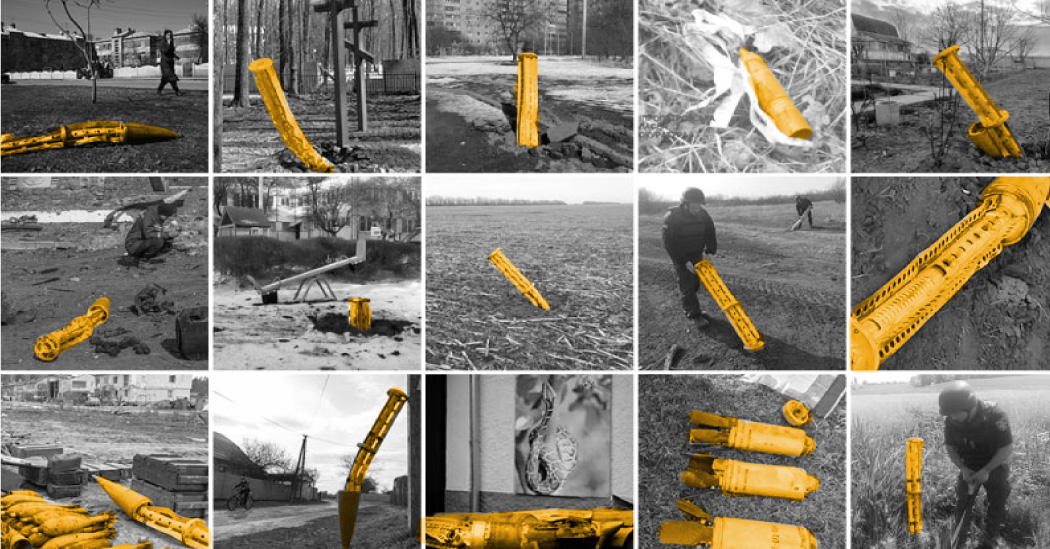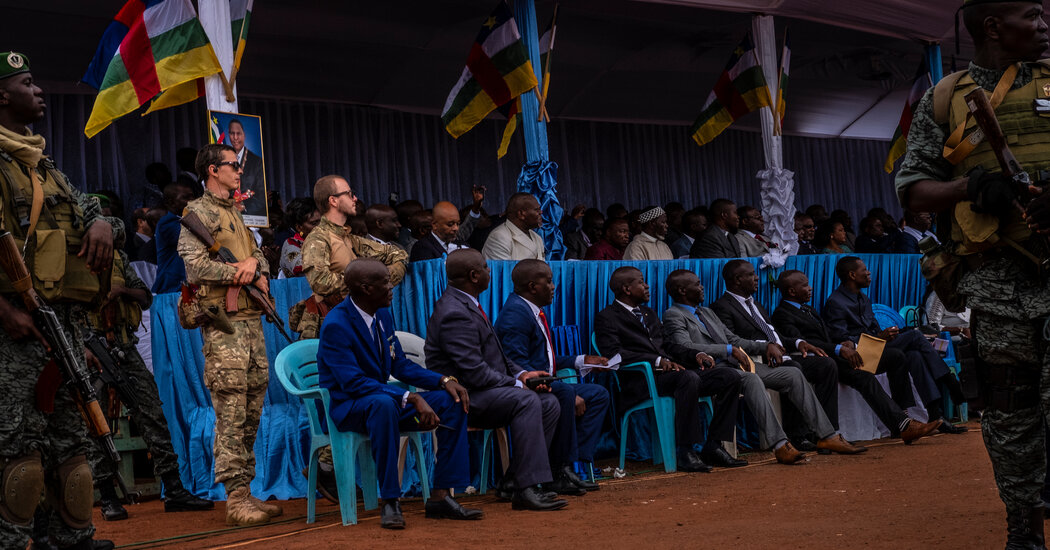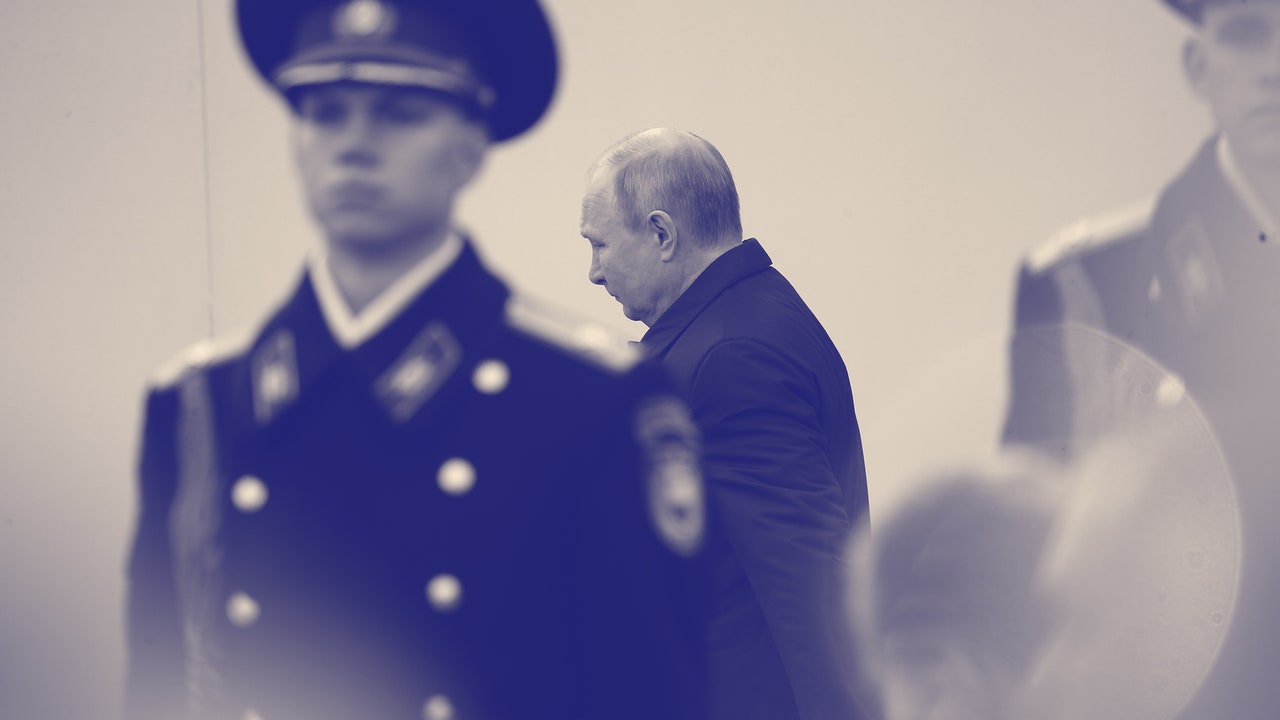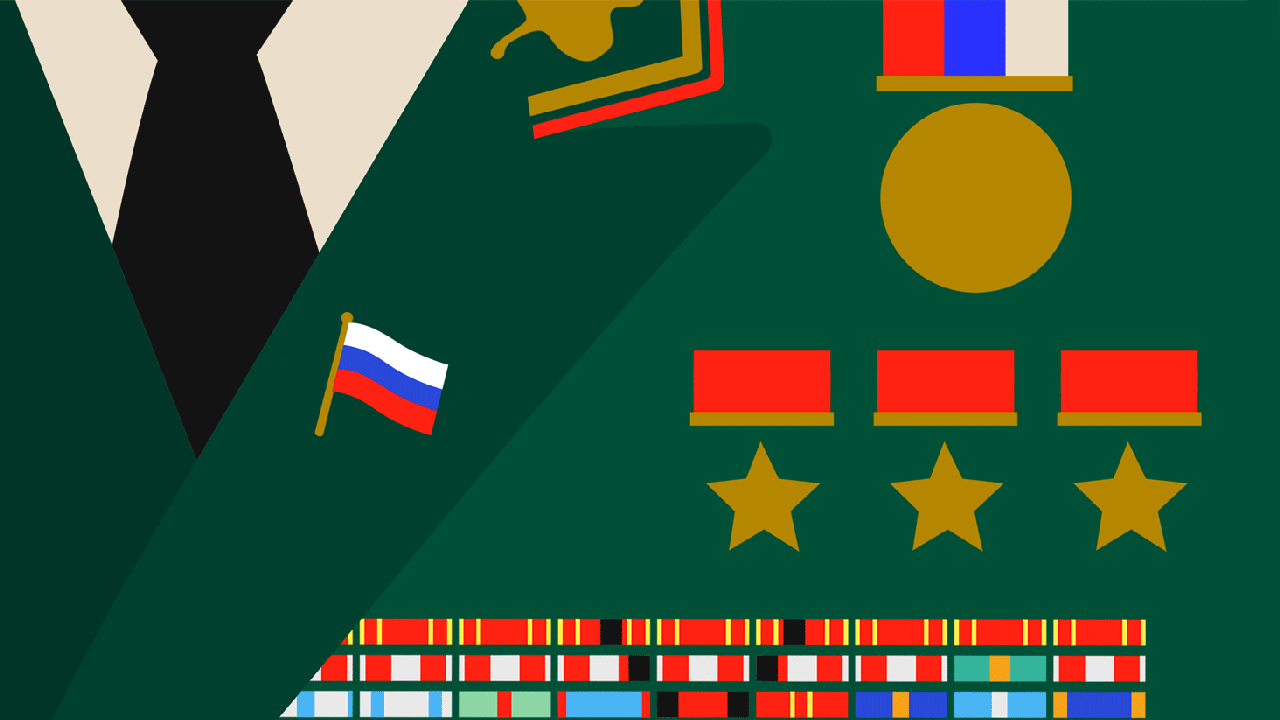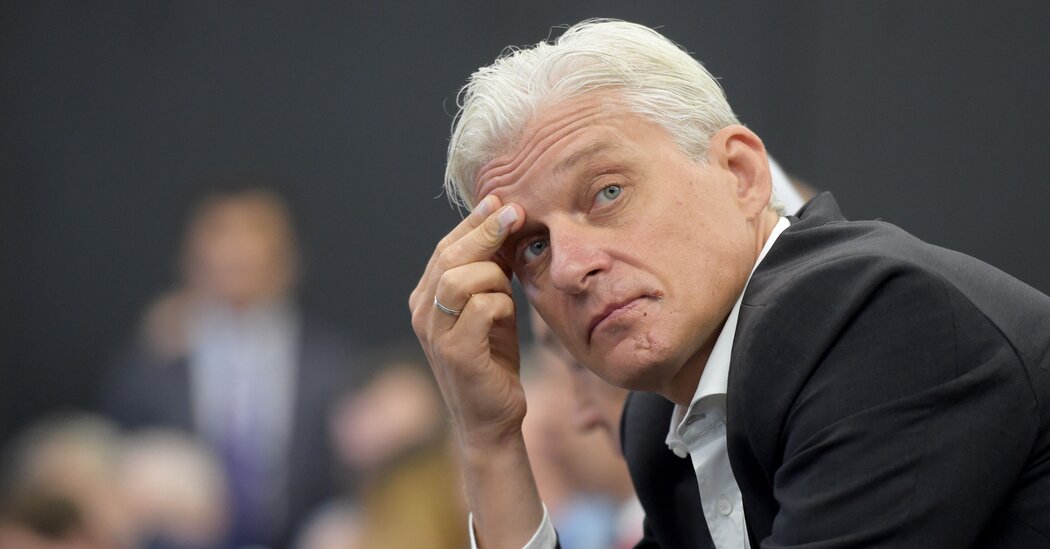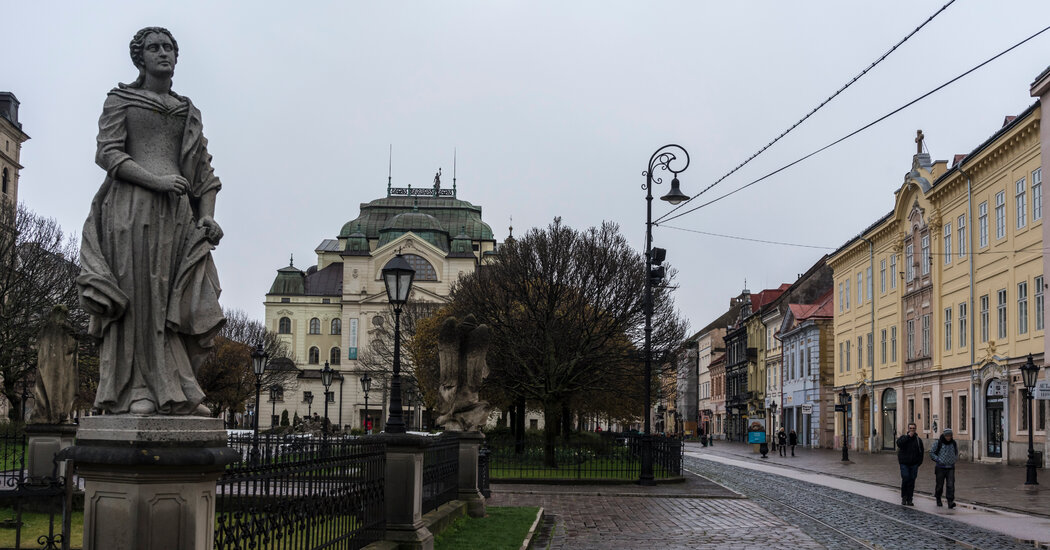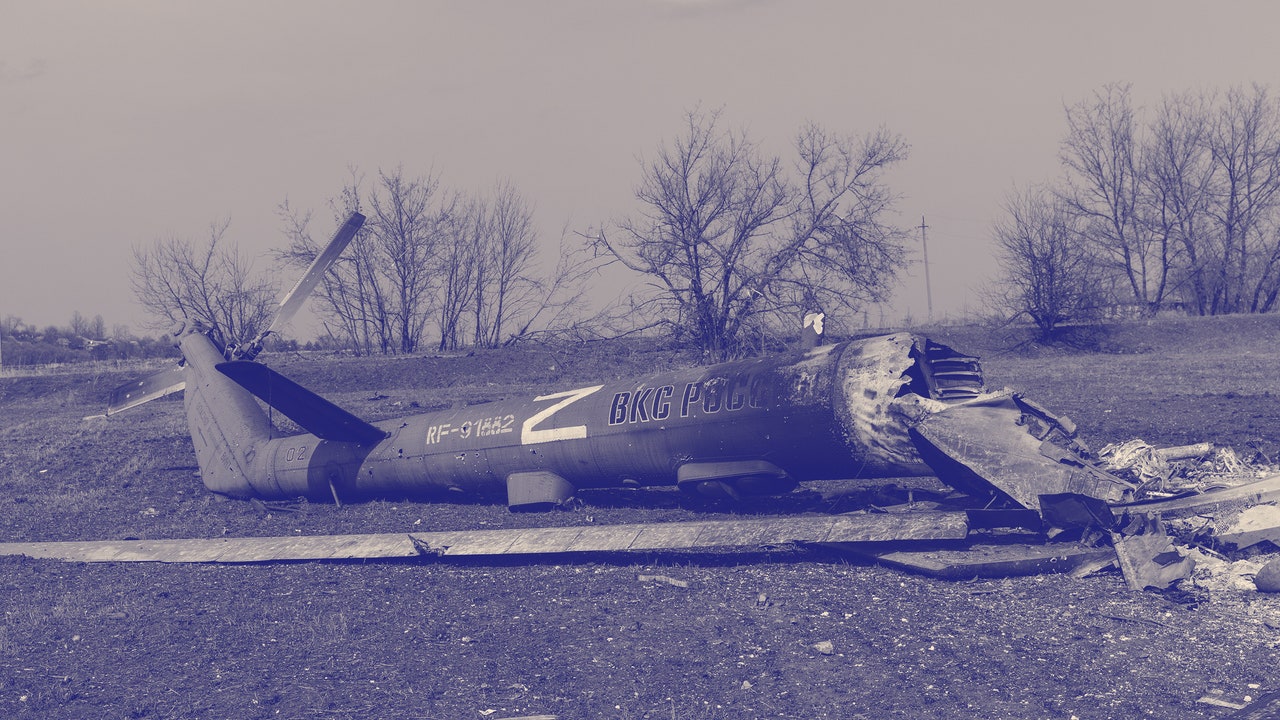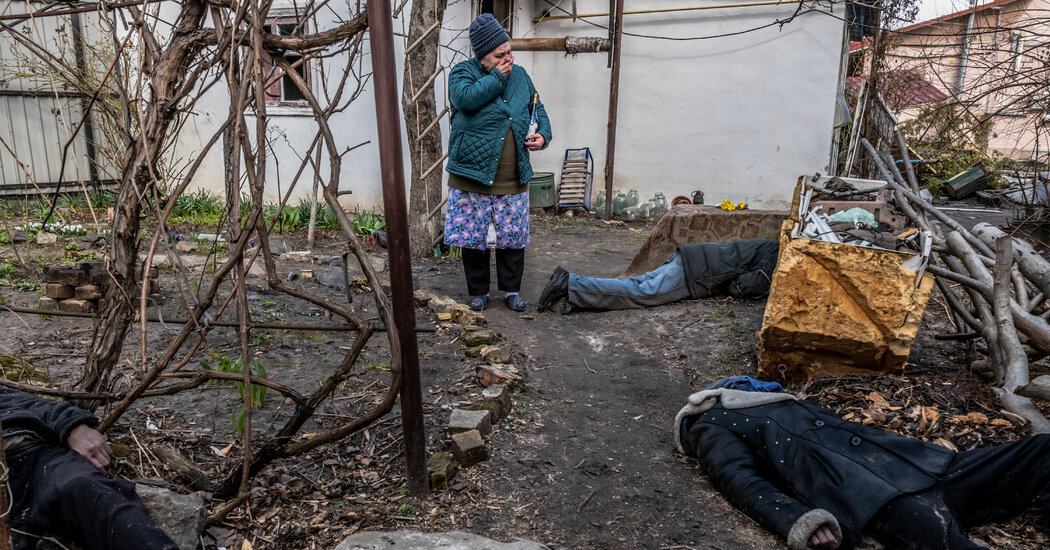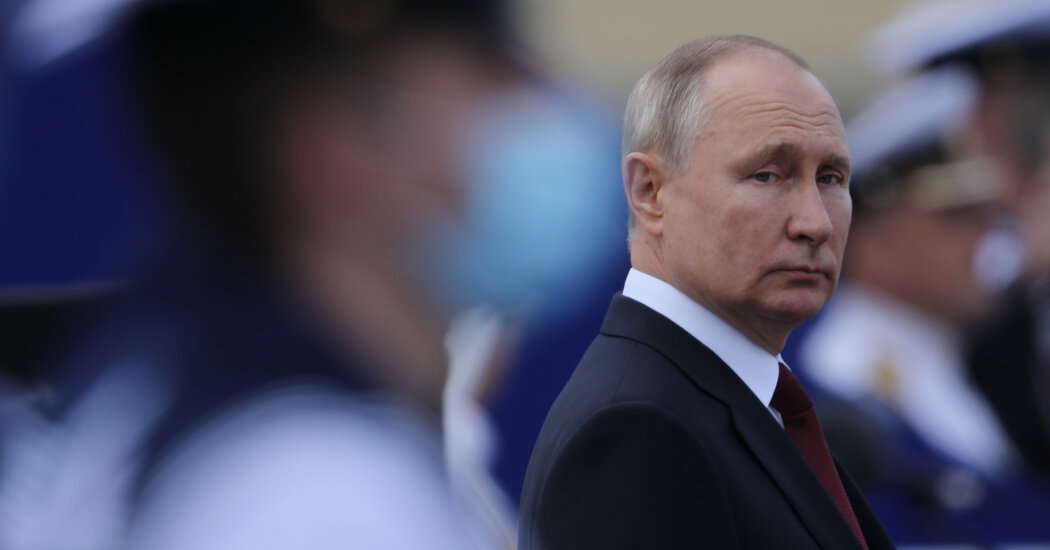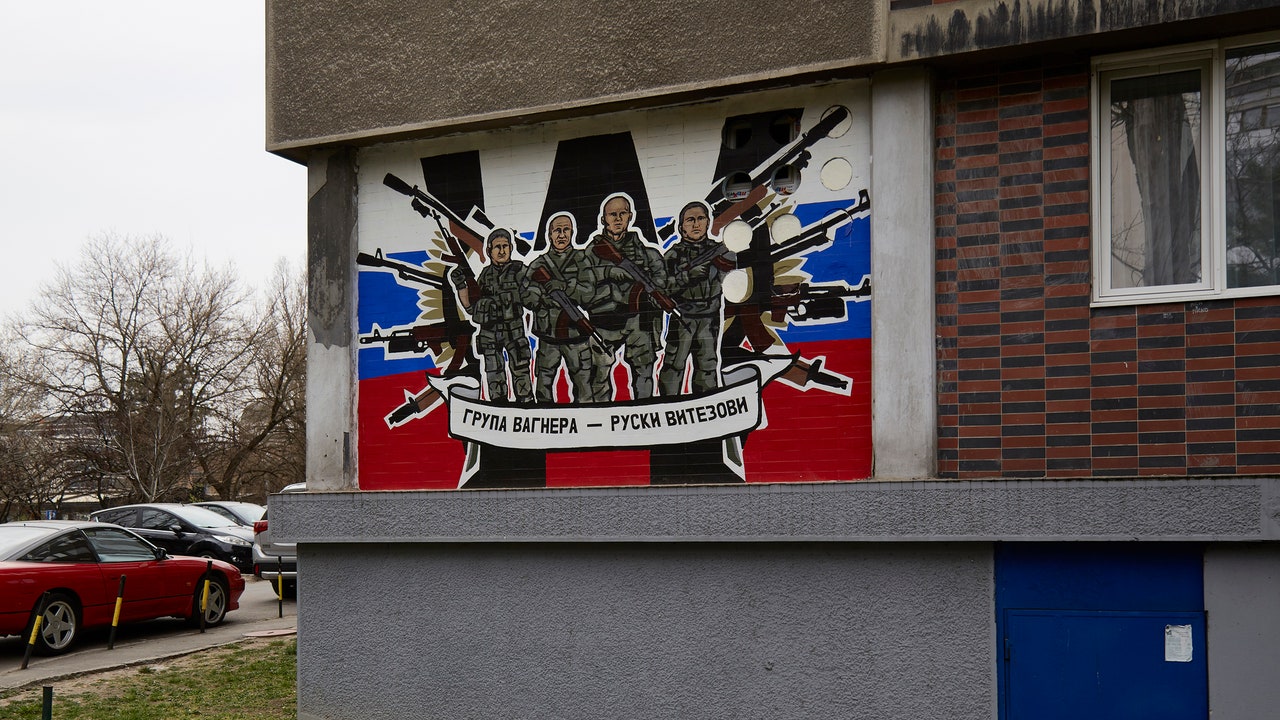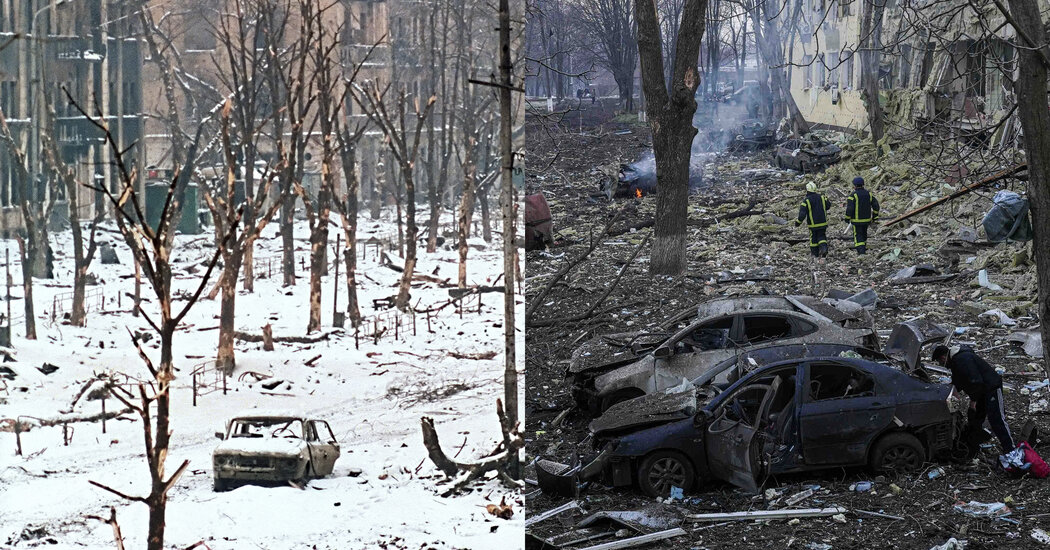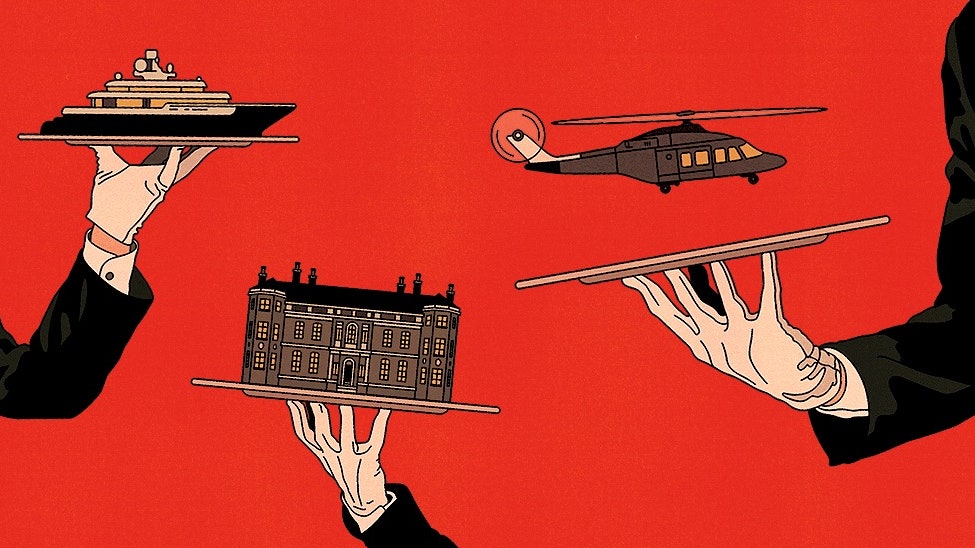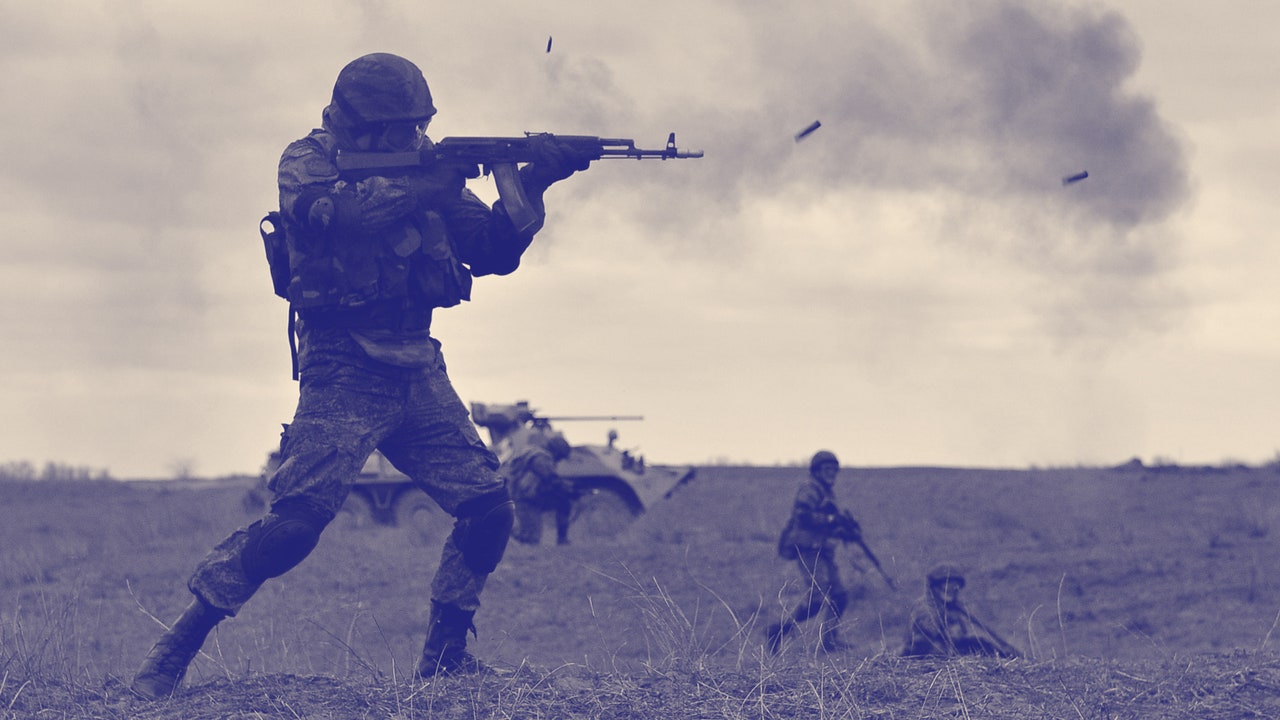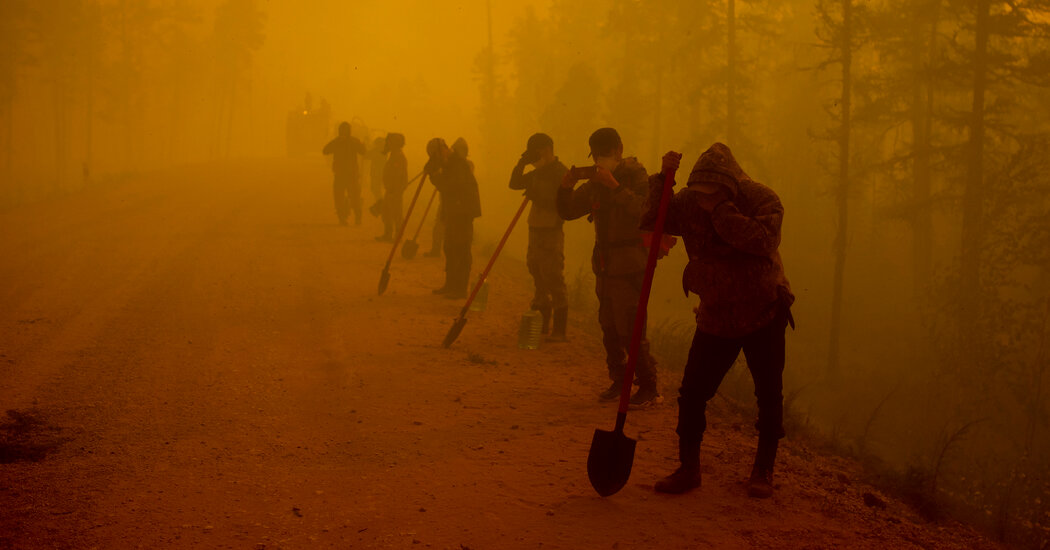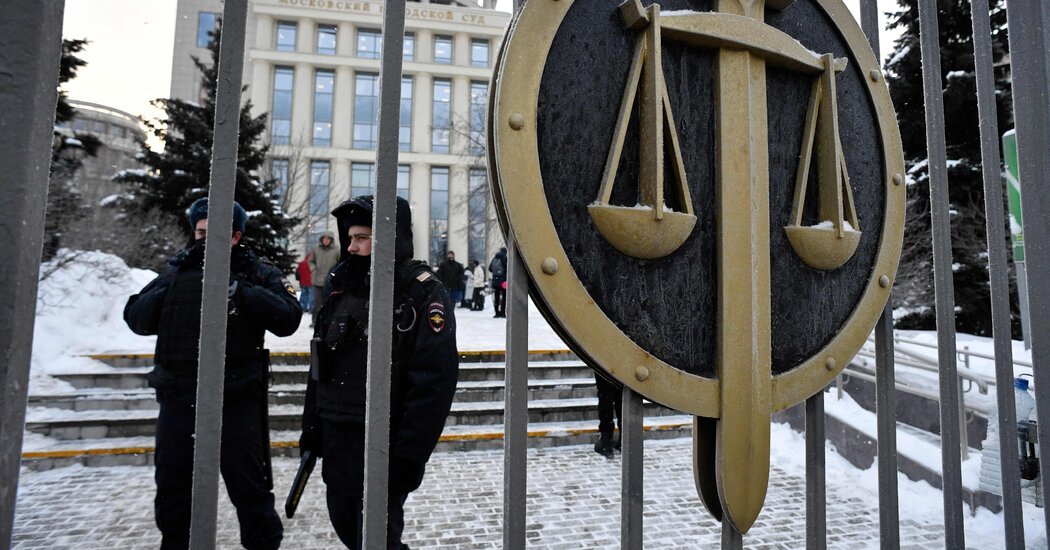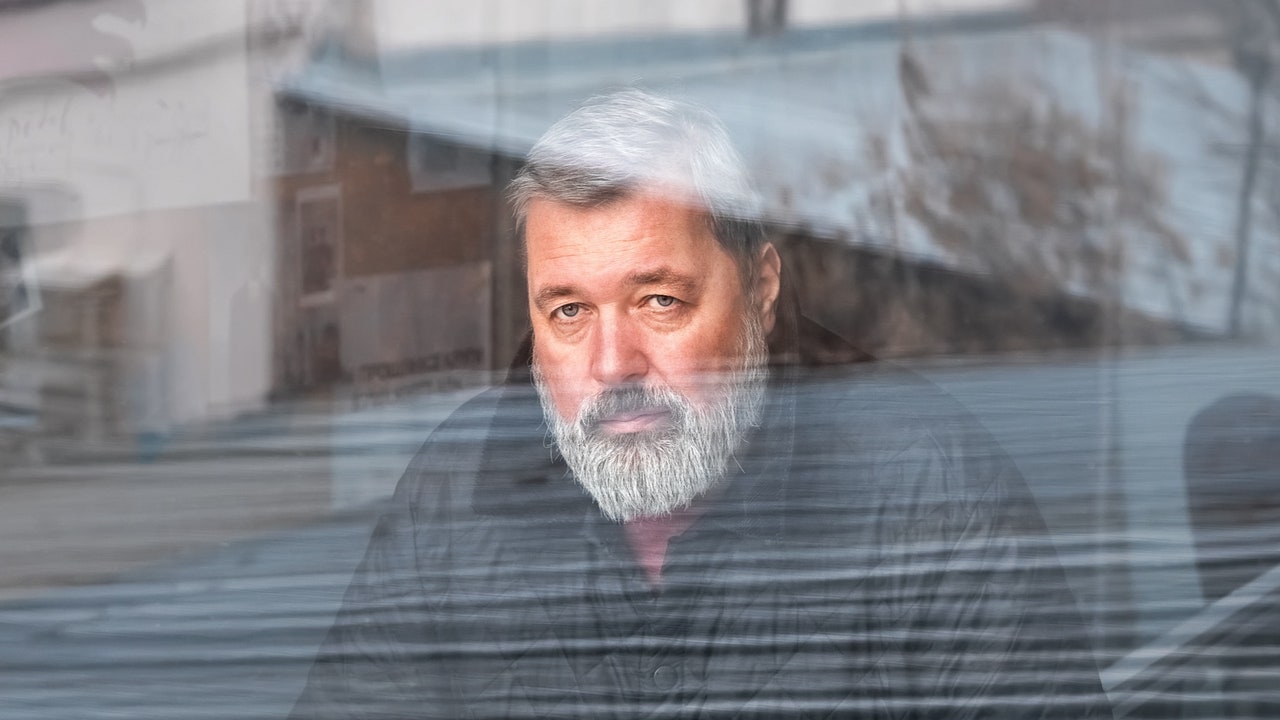What Hundreds of Photos of Weapons Reveal About Russia’s Brutal War Strategy
A New York Times analysis of visual evidence from Ukraine showed widespread use by Russia of cluster weapons banned under certain international treaties.
Link: https://www.nytimes.com/interactive/2022/06/19/world/europe/ukraine-munitions-war-crimes.html
The Times examined more than 1,000 pictures taken by its own photojournalists and wire-service photographers working on the ground in Ukraine, as well as visual evidence presented by Ukrainian government and military agencies. Times journalists identified and categorized more than 450 instances in which weapons or groups of weapons were found in Ukraine. All told, there were more than 2,000 identifiable munitions, a vast majority of which were unguided.
